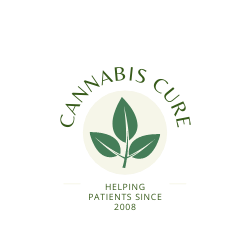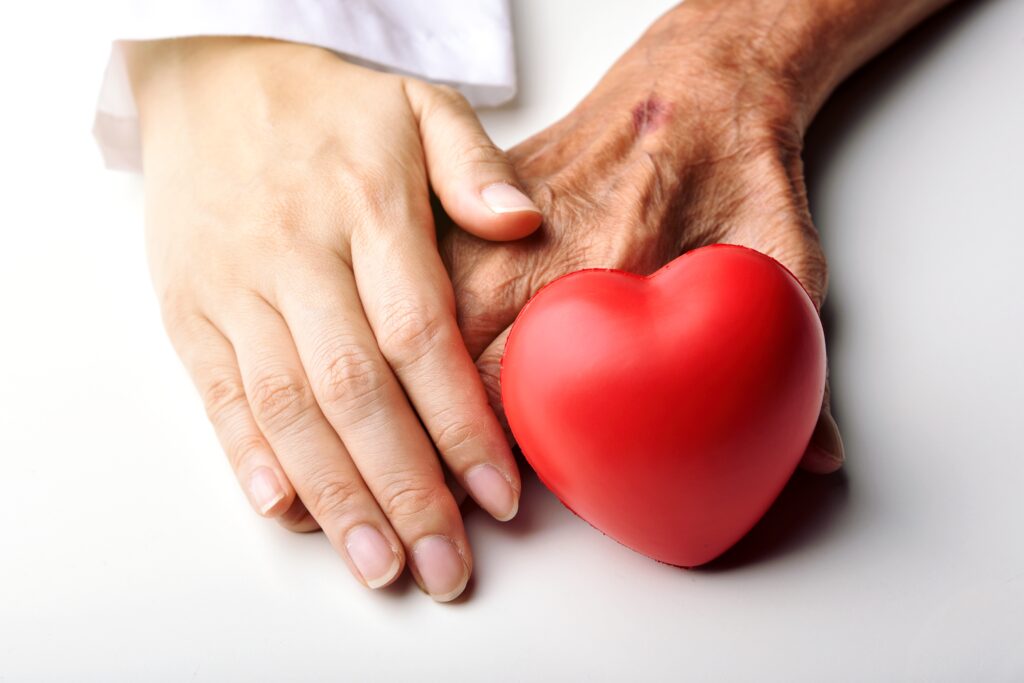Coronary Heart Disease
The human heart is a powerhouse, fulfilling the most physical work of any muscle during a lifetime. It’s responsible for pumping up to 2,000 gallons of blood throughout your body every day, delivering oxygen and nutrients to all parts of your body while carrying away unwanted carbon dioxide and waste products.
The heart receives its own supply of blood from the coronary arteries and when this supply becomes impaired, it can lead to coronary heart disease (CHD), the most common type of heart disease in the world, which can sometimes lead to heart attacks. It is responsible for around 64,000 deaths each year in the UK. While heart disease can be deadly, the good news is that it’s also preventable in most people.
What Causes Coronary Heart Diesase?
When the arteries that supply blood to the heart become clogged with plaque, which contains cholesterol and other substances, they harden and narrow, when they’re usually elastic and soft. This is known as atherosclerosis and the reduced blood flow occurs when one or more of these arteries becomes partially or completely blocked.
If they become so blocked that they cannot deliver enough blood to your heart or brain, this can lead to a heart attack, stroke, and vascular dementia. Many heart and circulatory diseases share the same risk factors including emotional stress, poor diet, poorly managed diabetes, high blood pressure, high cholesterol, being overweight or obese, smoking and excessive alcohol consumption, or a history of preeclampsia during pregnancy.
Who Is At Risk?
Coronary heart disease risk is higher if you have a family history of the disease but it also increases with age. Based on age alone as a risk factor, men have a greater risk for the disease beginning at age 45 and women have a greater risk beginning at age 55.
What Are The Symptoms?
Angina is a common symptom of CHD and can feel like chest pain, heaviness, tightness, and burning, and squeezing, which can be mistaken for heartburn or indigestion, or shortness of breath. You may also feel angina radiating to your back, jaw, neck, shoulders, or arms and the discomfort may also extend from your shoulder down to your fingers or into your upper abdomen. It usually happens when you’re actively doing something that requires more oxygen, such as exercising or eating.
In addition to angina, other symptoms of CHD include shortness of breath, pain in the arms or shoulders, dizziness, and sweating. When the blood flow is more restricted, you will experience more nausea, rapid heartbeat, and palpitations. If a blockage cuts off blood flow completely or almost completely, your heart muscle will start to die if not restored. This is a heart attack and if you experience these symptoms, especially if they are excruciating or last longer than five minutes, immediate medical treatment is necessary.
How Can Medical Cannabis Help With Coronary Heart Disease?
Inflammation contributes to heart disease, an umbrella term for all medical conditions affecting the heart and blood vessels around the body, and CBD’s anti-inflammatory and anti-oxidative properties mean it may be able to reduce the risk factors. The most significant benefits of CBD for heart disease are its ability to stabilise blood sugar levels, decrease inflammation, aid weight loss – CBD may boost metabolism while reducing body fat and appetite – and protect the arteries from oxidative stress and lower blood pressure in situations of acute stress.
In 2013, The British Journal of Pharmacology published a review that showed how CBD helped reduce vascular tension in rodent models. Vascular tension strains the blood vessels unnecessarily and CBD, according to the review, also helps protect your arteries from glucose (sugar) damage.
In a 2017 placebo-controlled study of healthy volunteers, nine males were either given a placebo or 600mg of CBD. The subjects that took the real dose of CBD had a lower blood pressure count, increased heart rate, and a decreased stroke volume.
In another study on rats, the researchers found that CBD can have a protective effect on the heart and this has been proven in rats after a heart attack, with some of the heart damage associated with diabetes.
Due to decreased blood flow, it’s possible to also develop arrhythmia, an irregular heartbeat that occurs when the electrical impulses that coordinate the heartbeat do not work properly. During studies on rodents, researchers found CBD reduced the total number of arrhythmias.
A lot more research is necessary into the role cannabis plays in CHD and while there are many positives, some scientists state cannabis affects cardiovascular health, especially when smoking the THC active compound. Research suggests that the risk of heart attack is several times higher in the hour after smoking marijuana than it would be normally. While this does not pose a threat to people who have minimal cardiovascular risk, it should be a warning for anyone with a history of heart disease.
What Foods Should You Avoid With CHD?
Managing your cholesterol, blood pressure, and weight is extremely important if you have CHD, which means avoiding high-fat and high-sodium foods, which include butter, cream, gravy, pastries or cakes, fried goods, processed meats, and condiments like mayonnaise and ketchup, table salt, and ready meals.
Further Reading
How and where to safely buy RSO medical cannabis oil online
Introduction to Medical Cannabis
Help and Advice
If you need advice or help with Medical Cannabis, please use the contact form provided. We try to answer all emails within 24 hours and are happy to help and advise on all aspects of Medical Cannabis treatments in complete confidence.
Disclaimer: Please note that whilst we consider ourselves subject matter experts regarding Medical Cannabis, we are not medical professionals. We are a Medical Cannabis information resource, educating and helping those in need. Whilst we are very strong believers in the benefits of Medical Cannabis, there is still limited evidence that Medical Cannabis can treat/cure all the illnesses we discuss on our website. We recommend you do as much research as possible, and where practical seek professional medical advice before proceeding with Medical Cannabis oil.

